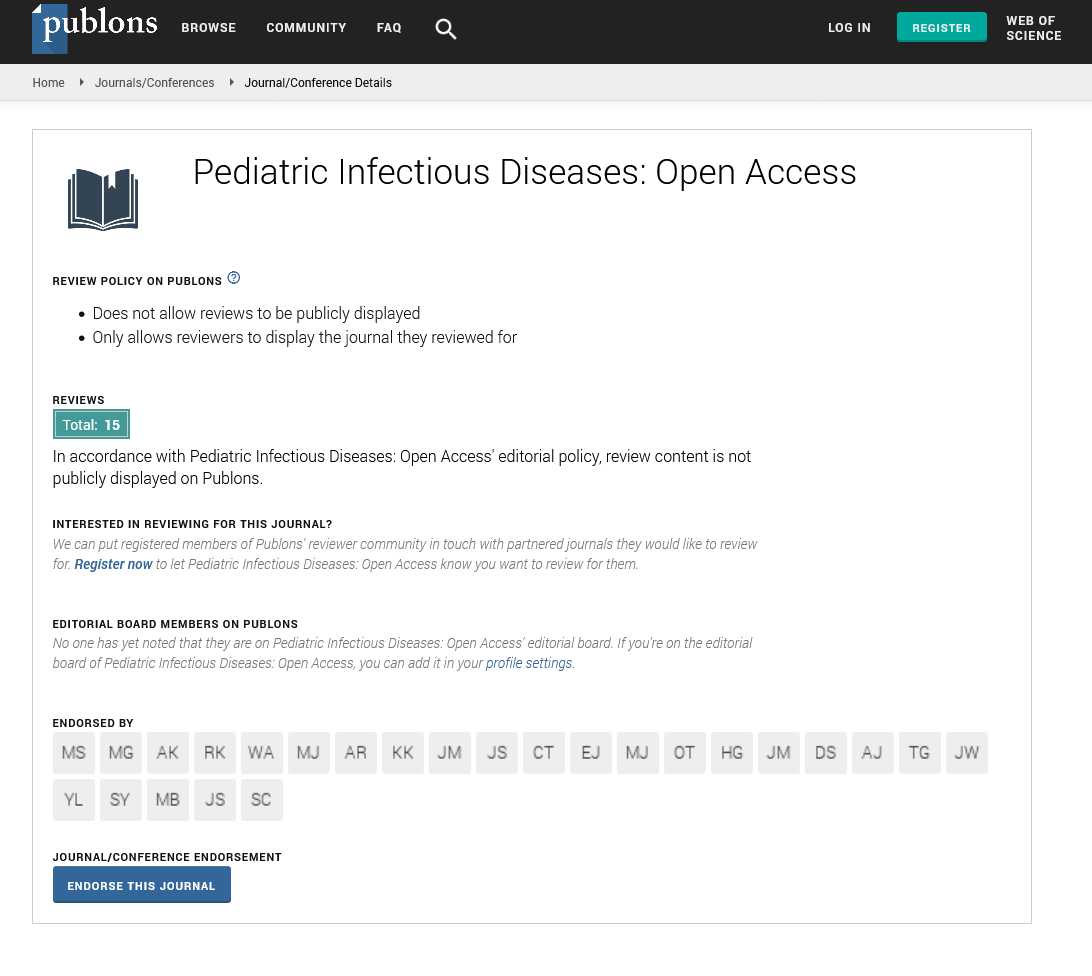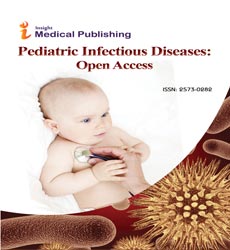Abstract
Basic Concepts on Community-Acquired Bacterial Pneumonia in Pediatrics
Community-acquired pneumonia (CAP) is a common disease in infancy, requiring several pediatric specialties for its diagnosis and treatment. Establishing the causal agent of pneumonia is essential to guarantee the most appropriate and effective therapy and is pivotal to the development of therapeutic and preventive strategies. However, determining the etiology of pneumonia is still a challenge due to the relative inaccessibility of infected tissue and the difficulty in obtaining non-contaminated samples of the upper airway. Broncho alveolar lavage (BAL) yields adequate samples, but should be reserved for severe cases with poor outcome. Blood cultures should be obtained in all children in whom bacterial pneumonia is suspected. Serum samples should be collected during the acute phase and during convalescence as a preventive measure in case a microbiological diagnosis is not established during the acute period of the disease. Recent diagnostic advances have introduced the polymerase chain reaction (PCR), which in great measure has increased the ability to identify airway pathogens. Immunological markers provide information complementing clinical findings. New and more sensitive techniques should be evaluated to detect the etiological agents of severe pneumonia in children, particularly in developing countries.
Author(s):
García-Elorriaga G, Del Rey-Pineda G
Abstract | Full-Text | PDF
Share this

Google scholar citation report
Citations : 230
Pediatric Infectious Diseases: Open Access received 230 citations as per google scholar report
Pediatric Infectious Diseases: Open Access peer review process verified at publons
Abstracted/Indexed in
- Google Scholar
- China National Knowledge Infrastructure (CNKI)
- Cosmos IF
- Secret Search Engine Labs
Open Access Journals
- Aquaculture & Veterinary Science
- Chemistry & Chemical Sciences
- Clinical Sciences
- Engineering
- General Science
- Genetics & Molecular Biology
- Health Care & Nursing
- Immunology & Microbiology
- Materials Science
- Mathematics & Physics
- Medical Sciences
- Neurology & Psychiatry
- Oncology & Cancer Science
- Pharmaceutical Sciences


